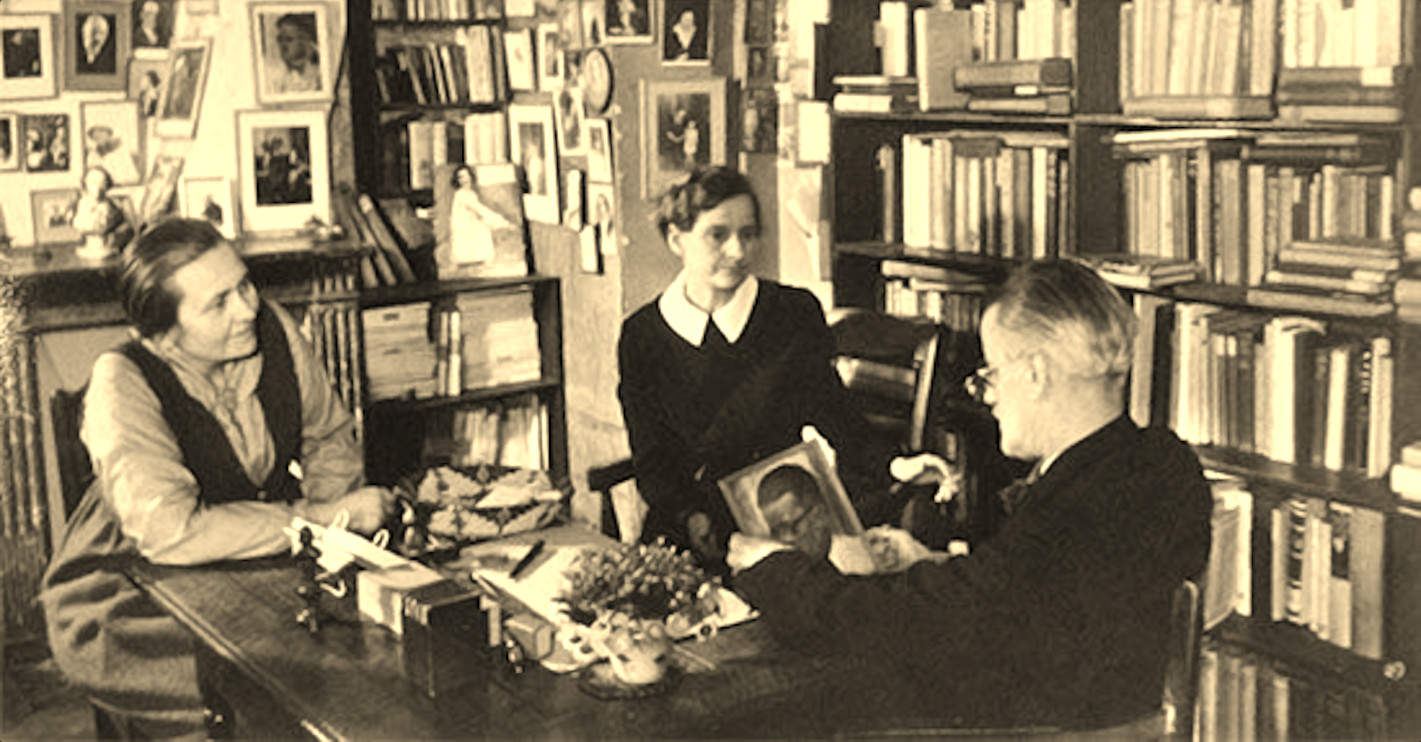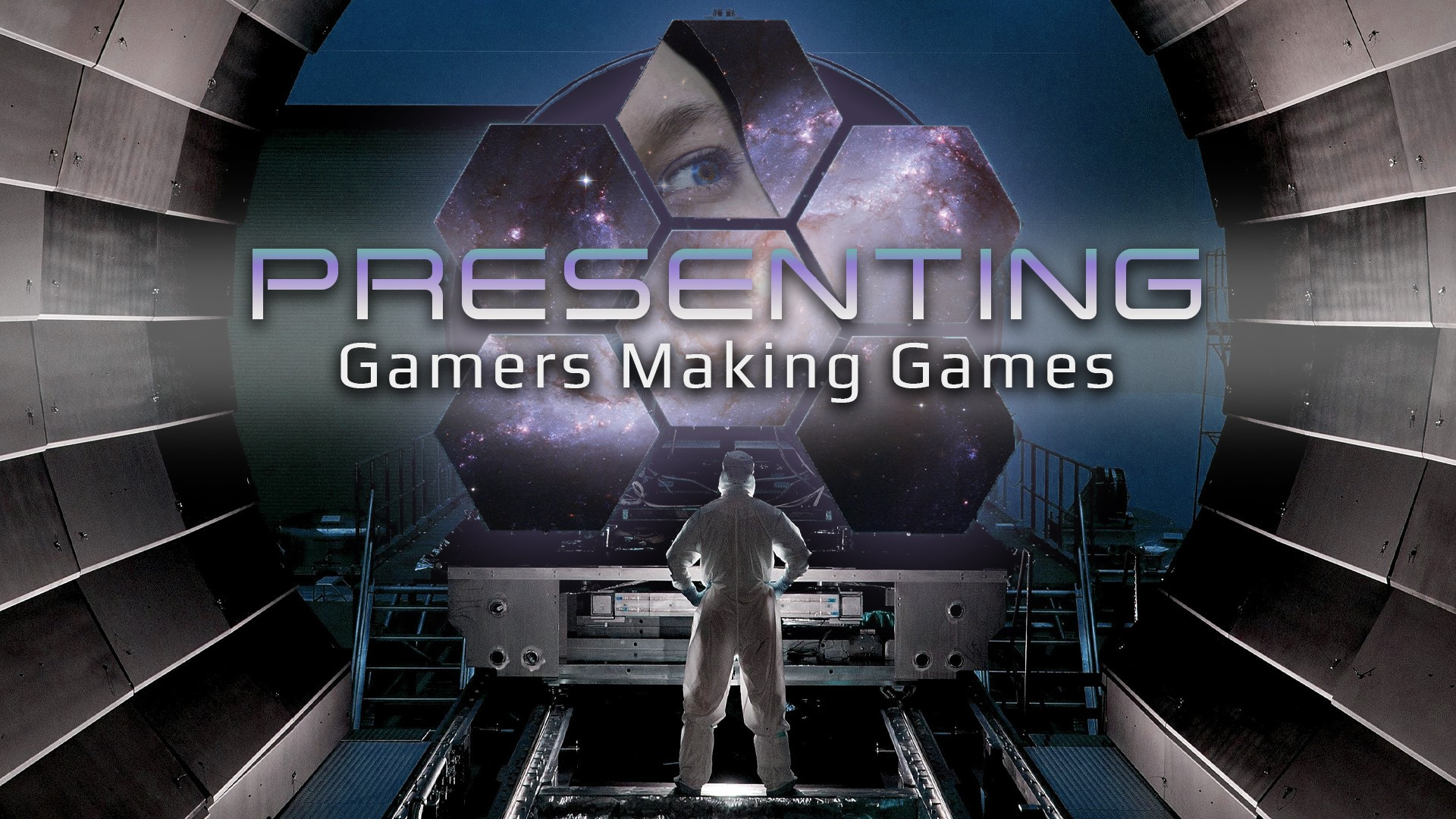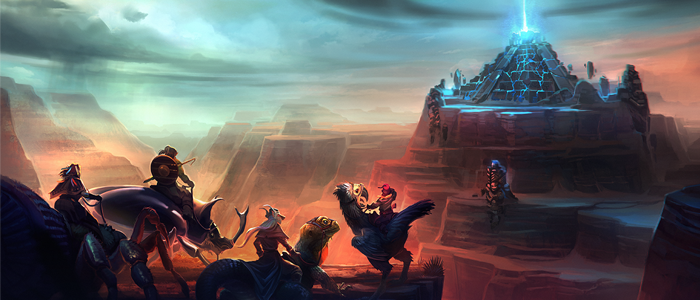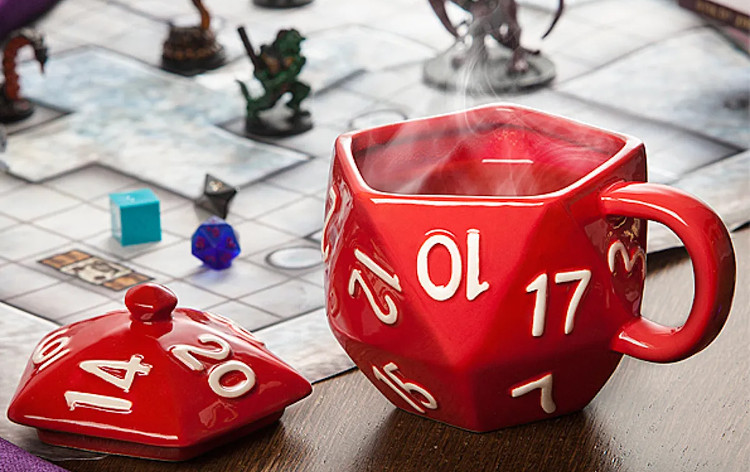My fellow GMs, have you noticed how GM specific products differ in presentation from player and general audience products? The 2e Game Mastery Guide write-up opens with “Whether you are a new Game Master or experienced storyteller, you can always find new ways to hone your craft.” Most sourcebooks talk about all the fun you will have. GM focused sourcebooks promise they can make us better. Other sourcebooks are catalogues of awesomeness, GM sourcebooks are self-help books with a narrow focus.
With other self-help books, however, the support structure doesn’t stop there. There’s Addiction Anonymous groups, obviously, for people trying to overcome their issues, yes. But writers have writing circles. Video game designers have game jams. Musicians have game jams.
Why do we as GMs take on all of the burden of growth, when there are thousands -dare I say millions- of us out there who can help us improve as GMs either through workshop or osmosis?
Game Masters Club
I’m proposing regular meet-ups of the areas Game Masters, Dungeon Masters, Narrators, etc. Regardless of system, we all tell stories, facilitate our friends’ fun, and literally make game nights happen. Even if at the end of the night, all we have in common is gaming and game mastery, that’s enough to start conversations, teach one another, and even learn about ourselves.
I’m proposing meat space meet-ups, maybe because Quebec announced plans to lower its state of emergency from orange to green province wide and I’m itching for socializing. Most of my ideas can be translated to online GM resource groups. In fact, many take cues from existing GM resource groups I’ve seen and participated in. However, I think there’s value in an area’s local Game Masters meeting in person.
A Place To Share
When we spend time with our fellow GMs, we improve as GMs by sharing.
Share Resources
One of my inspirations for GM Support Groups is the PFSprep.com. Formerly the [Pathfinder Society] GM Shared Prep Google Drive, PFSprep.com invites GMs who prep for Pathfinder organized play sessions to share the work they did online, creating a resource repository that spans over a decade of adventures run by hundreds of GMs.
Similarly, after longtime listener Majuba ran PFS #6–15: The Overflow Archives for my at PaizoCon 2015, I complimented him on the full colour, bound copy of the PDF he used to run the adventure. He offered to give me his copy, in case I ever ran it. This was shortly after the birth of my daughter, so while I accepted his offer with the intent to run it, the rate at which I GMed PFS took a nosedive shortly thereafter. I can say that from then on, whenever the topic of PFS came up with my local group, the first adventure I thought to run was Overflow Archives, specifically because I had Majuba’s printed copy.
Beyond adventures, there’s a whole industry dedicated to gaming aids that we GMs tend to take on the responsibility of buying. Condition indicators, range rulers, area of effect templates, flying bases, miniatures, maps, and more. The costs of these products add up, if they’re not prohibitively expensive. I know I’ve spent a lot of time on Litko.net for someone that’s never owned a Litko game accessory. But if a group of GMs was willing to go in on an order and split the cost of shipping, or even just knowing a fellow GM could make use out of a purchase I make, I would be more inclined to buy one.
Of course, that’s my old fashioned mindset of buying physical products and waiting for them to be shipped. If someone in your club is in on the 3D printing revolution, like Perram, you might be able to purchase game aids from them for a fraction of the cost, and no shipping.
Share Talents
Speaking of Perram, have you seen the latest pictures he’s shared of miniatures he’s painted? As my painting talents decline, his skyrocket. If I wanted to wow my players with an awesome mini, and I had access to Perram’s skills or miniatures, I could drop a boss monster on the table, pause for applause, then roll for initiative.
Someone I do have access to is Cathy. She doesn’t GM often, but when she does, it’s a production. Her original maps pop, because Cathy’s a talented artist with an eye for colour.
Now, if there’s no quid pro quo, you’ll find the most talented members of your group going, leaving you with a bunch of hands full of gimmes and mouths full of “much obliged”. However, a talent exchange encourages you to access your talents. What can you do that’s as valuable to Perram or Cathy as their maps and minis are to you? Are you especially good at logistics, and you’re willing to take over the scheduling of their sessions? Do you have a commanding voice and the ability to record readings of their boxed text? Like Batman, maybe your talent is money, and you can pay them for their efforts. Or maybe they just appreciate you as a GM and are willing to give you their time and talents in exchange for a seat at your table.
This is a touchier proposition, because of the ways certain parties can be taken for granted. But it’s also a likely evolution of such a club, and so it’s a logistic eventuality forward thinking clubs should plan for.
Share Experiences
Back to PFS, one of my favourite PaizoCon moments was after running a multitable special, a bunch of GMs who also ran it went across the street to the Denny’s to trade war stories. We’d all just run the same adventure in the same room, technically as fractions of the same shared session. But it wasn’t a shared experience until we got together and reflected on what we’d all just been through.
The image of Ernest Hemingway sitting down with Ezra Pound and Gertrude Stein (literally, the header image for this article) is the goal of the GM group. Talented individuals sitting together in enraptured discussion over tea and snacks. I’m not saying I’m Ernest Hemingway, but I am saying Ernest Hemingway wouldn’t be Ernest Hemingway if not for the influences of Ezra Pound and Gertrude Stein and the other members of the Stratford-on-Odeon writing circle.
If the group consists of GMs of different systems, you can talk about how the systems handle narrative control, player agency, rewards, storytelling, every aspect of the GM experience. Even how a different system frames the role of the GM can be valuable insight, especially coupled with the context of a GM who has run the game.
A Social Space
GMs discussing GMing together is certainly part of the purpose of a GM Support Group, but not the only one.
Vent
Sharing experiences is not just about talking about our best moments and big victories. We also get to lament our failures and release our frustrations with likeminded individuals. Sometimes all it takes to get over an annoying interaction with a player is to have someone say “Been there” rather than tell you what you did wrong. GMing is a lot about accommodating the players, and that’s at once the best part and the worst part of the job. Being in a setting where we as GMs aren’t outnumbered by players four, five, or six to one gives us perspective, and helps us avoid building up resentment for the players we have to accommodate more than others.
Us Time
Even if we’re not talking about our games, there’s a specific mindset that GMs have which we rarely get to share in. Say you dream of publishing the adventures you’ve written and run. Your players might encourage you to, whereas fellow GMs are more likely to have had the same thought and done the research. Instead of just “You really should,” you’ll hear “and here’s how.”
We can break off from the main group to run story rounds and other exercises to display and exercise our GMing skills, talk about the media that’s inspired our campaigns, or play board games that engages someone with a GM’s combination of creativity and social skills. A GM Support Group is the place where GMs get to be GMs as people, and not just GMs as the most important part of a game session.
Prestige
“Who are they?” a customer asks, noticing an engaged group of gamers in the back of the game store.
“That’s our GMs Club,” the store owner answers. “Anyone’s welcome to join them, as long as you’ve GMed a session in the store, or have a member vouch for you as a GM.”
You know how roleplaying games only need one GM for every five or six players, and yet it still feels like there’s a shortage of GMs in the world? If part of being a GM includes exclusive access to events at the game store, or invitation to private parties, you might suddenly have more players in your area willing to give GMing a try. You might question their motives, but getting a player to consider GMing is the first step to them becoming a fellow GM, regardless of why they took that step.
But How?
How do you create the GMing equivalent of a writing circle?
A Cool Name
Marketing! You’re not just a GM Support Club, you’re The Raven Spirit Guild. You’re The Pagemasters League. You’re The Secret Six (your secret is that only outsiders think there are just six of you). Would The Order of the Amber Die be as famous a gaming group if they didn’t have a cool name to go along with their epic reputation?
Once you have your cool name, spring for a cool logo. Something to include on your business cards, t-shirts, website and social media pages.
If you meet at a local game store, how intriguing would it be if their event calendar just lists “The Mysterious Masters” one day?
Reaching Out
Speaking of your local game store, that’s a great place to start. There’s value for a game store to be associated with the local GMs. The store knows which products to order based on the games that interest us as GMs. They know who to turn to if they want to start or improve an organized play league.
Alternately, you can approach multiple game stores and rotate meeting locations to accommodate GMs from further away or with restricted transportation options. Making your destination a rare treat means game stores can make a big deal about your visit. Instead of a group of GMs, you’re a band on tour.
Although there are advantages to meeting in a game store, it’s not the only possible meeting point. Restaurants and cafes with low turnover and a lot of small items on the menu might enjoy the regular customers. Bars, libraries, halls, community centers, and homes are also options, although they have higher costs and require greater trust. The ideal alternative to a game store is a cafe or restaurant owned by a local GM or their family, that’s both able to accommodate the group and could use your business.
Setting Expectations
Are you a casual gathering of anyone who sees themselves as a GM, or a members only club of GMs of a certain experience level? Are meetings free to attend or is there a fee? If there’s a fee, how transparent are you with where the money goes, and who handles the logistics? Is there a treasurer? Is every member assigned a role? Is one person in charge, or do all members that meet certain criteria get equal say? How do you settle disputes?
If you’re lawfully inclined, a charter that answers as many of the above questions as possible ahead of time saves time later. If you’re more of a chaotic spirit, it’s important to let people know that this is your club, and you will deal with situations as they arrive, following your gut instinct. Because situations will arrive.
Someone Taking Initiative
Most of all, for a GM club to happen, someone needs to make it happen. Luckily, as GMs, we’re used to taking charge, managing people, and getting things organized. Sure, a GM Support Group gives us a break from some of the hassles of being a GM, so what would we gain from taking on the hassle of starting a GM club? Because, deep down, that hassle is what makes GMing worth it. It’s what unites us as GMs. And if we’re already united, we might as well make the most of it.
Every two weeks, Ryan Costello uses his experience as a Game Master, infused with popular culture references, to share his thoughts on best GMing practices to help his fellow GMs. Often deconstructing conventional wisdom and oft repeated GMing advice, he reminds his fellow GMs that different players play the game in different ways, and for different reasons.






